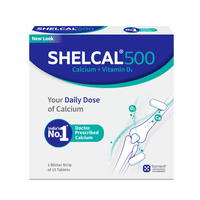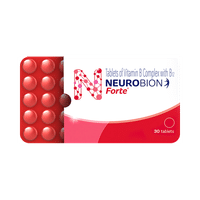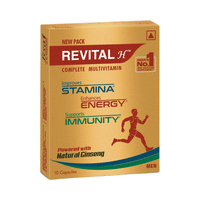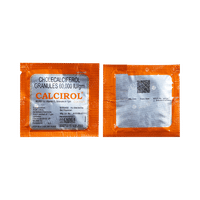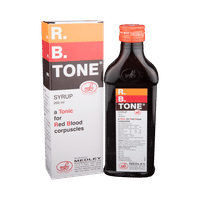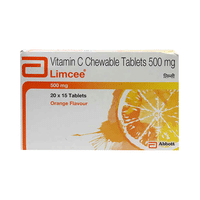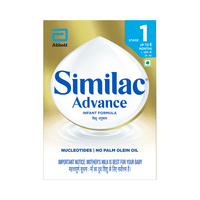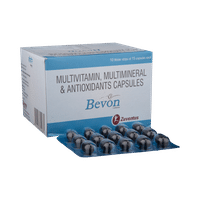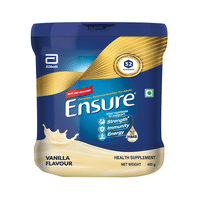Cilnifree CH 10mg/12.5mg Tablet

Rs.106for 1 strip(s) (10 tablets each)
food interaction for Cilnifree CH
alcohol interaction for Cilnifree CH
pregnancy interaction for Cilnifree CH
lactation interaction for Cilnifree CH
food
alcohol
pregnancy
lactation
Cilnifree CH 10mg/12.5mg Tablet is to be taken with food.
None
None
CAUTION
Cilnifree CH 10mg/12.5mg Tablet may cause excessive drowsiness with alcohol.
UNSAFE
Cilnifree CH 10mg/12.5mg Tablet may be unsafe to use during pregnancy. Although there are limited studies in humans, animal studies have shown harmful effects on the developing baby. Your doctor will weigh the benefits and any potential risks before prescribing it to you. Please consult your doctor.
CONSULT YOUR DOCTOR
Information regarding the use of Cilnifree CH 10mg/12.5mg Tablet during breastfeeding is not available. Please consult your doctor.
CONSULT YOUR DOCTOR
SALT INFORMATION FOR Cilnifree CH
Cilnidipine(10mg)
Uses
Cilnidipine is used in the treatment of Hypertension (high blood pressure), Angina (heart-related chest pain), heart attack and stroke.
How it works
Cilnidipine is a calcium channel blocker. It lowers blood pressure by relaxing blood vessels, which makes the heart more efficient at pumping blood throughout the body.
Common side effects
Flushing (sense of warmth in the face, ears, neck and trunk), Headache, Dizziness, Palpitations, Abdominal pain, Peripheral edema, Gingival hyperplasia, Insomnia (difficulty in sleeping), Gastrointestinal disturbance
Chlorthalidone(12.5mg)
Uses
Chlorthalidone is used for Hypertension (high blood pressure) and Edema. It treats oedema (fluid overload) associated with heart, liver, kidney or lung disease.
How it works
Chlorthalidone is a diuretic which lowers blood pressure by removing extra water and certain electrolytes from the body. Over time it also relaxes blood vessels and improves blood flow.
Common side effects
Headache, Nausea, Vomiting, Dizziness, Vertigo, Orthostatic hypotension (sudden lowering of blood pressure on standing), Erectile dysfunction, Electrolyte imbalance, Increased glucose level in blood, Increased uric acid level in blood, Weakness, Hypersensitivity, Renal impairment, Cholestasis, Jaundice, Photosensitivity
SUBSTITUTES FOR Cilnifree CH
15 Substitutes
15 Substitutes
Sorted By
 Rs. 151.77pay 39% more per Tablet
Rs. 151.77pay 39% more per Tablet Rs. 147pay 35% more per Tablet
Rs. 147pay 35% more per Tablet Rs. 149.25pay 37% more per Tablet
Rs. 149.25pay 37% more per Tablet Rs. 143.15pay 31% more per Tablet
Rs. 143.15pay 31% more per Tablet Rs. 82save 24% more per Tablet
Rs. 82save 24% more per Tablet
Expert advice FOR Cilnifree CH
- Take it at the same time every day to help you remember to take it.
- A sudden drop in your blood pressure may occur, especially when you first start taking Cilnidipine. To lower the chance of feeling dizzy or passing out, rise slowly if you have been sitting or lying down.
- It can cause ankle or foot swelling. To reduce the swelling, raise your legs while you are sitting down. Talk to your doctor if it does not go away.
- It may cause dizziness. Do not drive or perform any activity that requires mental focus until you know how Cilnidipine affects you.
- Inform your doctor if you are pregnant, planning a pregnancy or breastfeeding.
Frequently asked questions FOR Cilnifree CH
Cilnidipine
Q. What is the use of Cilnidipine?
Cilnidipine is a medicine used to treat high blood pressure. It belongs to a group of medicines which block the calcium channels in the blood vessel. It works by relaxing the blood vessels in patients with high blood pressure. This widens the diameter of the blood vessels which helps the blood to pass through them more easily.
Q. Which is better amlodipine or Cilnidipine?
Both these medicines are used in the treatment of blood pressure and are equally good in effectively reducing the blood pressure. Cilnidipine has also been found to be beneficial in patients with kidney problems as compared to amlodipine. Additionally, while amlodipine may have chances of causing mild ankle swelling, Cilnidipine has been found to have lesser chances of causing ankle swelling, tachycardia and palpitations. Your doctor will suggest either of these after seeing what suits you.
Q. What are the side effects of Cilnidipine?
Cilnidipine is generally well tolerated but sometimes can also be associated with side effects like headache, dizziness, flushing, palpitations, low blood pressure, and stomach problems. It may also cause increased urination, ankle swelling, and lethargy. These side effects are not common in everyone but may occur in some individuals. Do consult your doctor if you notice any side effects after taking this medicine.
Chlorthalidone
Q. Can I drink alcohol while taking Chlorthalidone?
No, do not take alcohol while on treatment with Chlorthalidone. Taking alcohol with Chlorthalidone may lower your blood pressure suddenly making you feel dizzy and lightheaded.
Q. What happens if I take more than the recommended dose of Chlorthalidone?
If you take more than the prescribed dose of Chlorthalidone, you may experience nausea, lightheadedness, weakness, fast or irregular heart beat, sleepiness, muscle cramps and pain, difficulty in breathing. Taking this medicine in high doses may even cause a heart attack. In a situation like this, contact your doctor immediately or seek emergency help in a nearby hospital.
Q. Can I take ibuprofen with Chlorthalidone?
This combination is best avoided since the two medicines may interfere with each other. However, if your doctor advises you to take both ibuprofen and Chlorthalidone, you will need to keep a regular check on your blood pressure and also monitor your kidney function tests.













